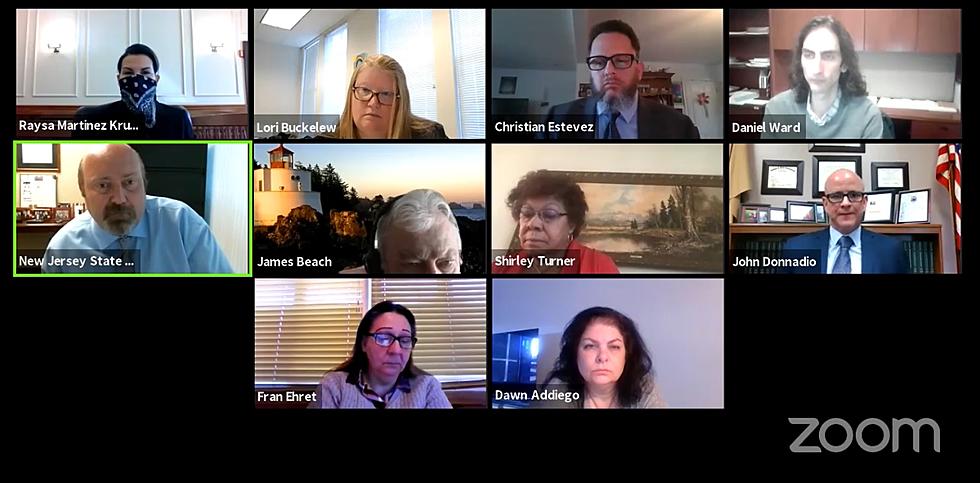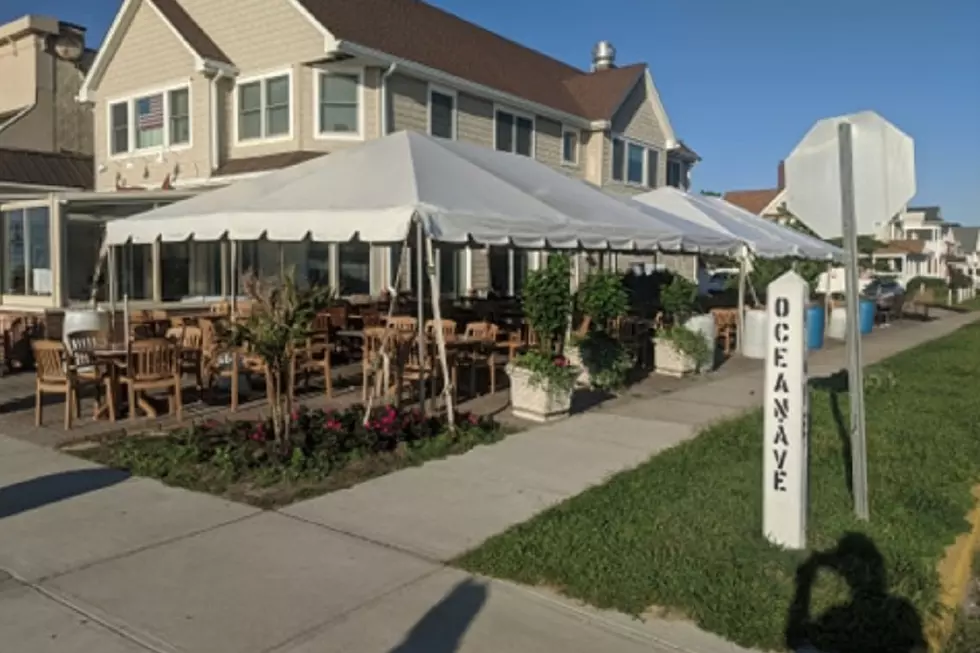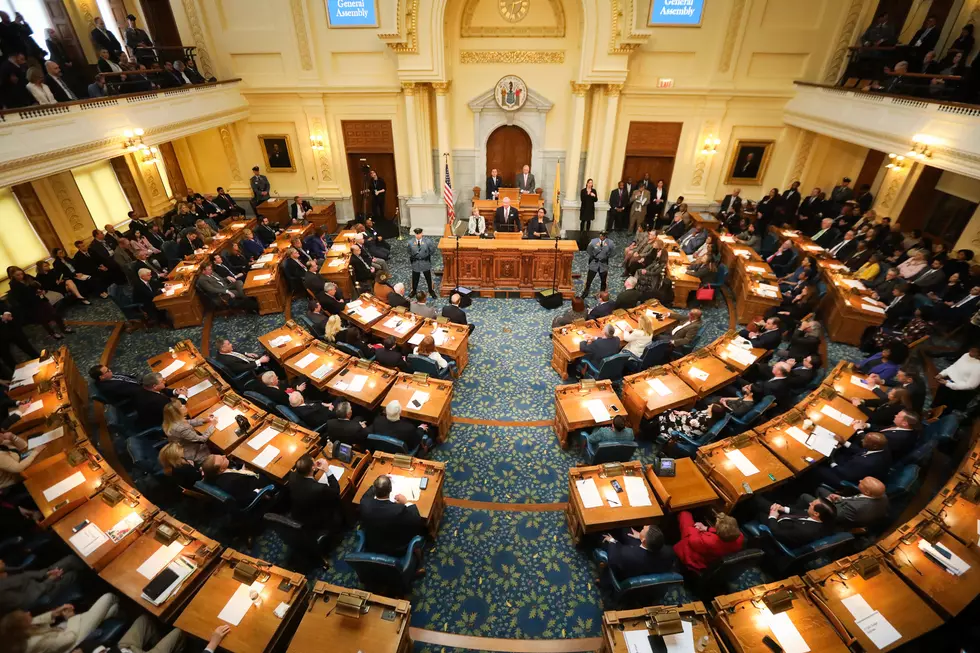
NJ lawmakers consider shifting local public workers into own pension
TRENTON — A Senate committee Monday endorsed a bill spinning off part of the Public Employees’ Retirement System into a fund that would be managed more directly by local governments and unions, despite opposition from labor groups – and a second Senate committee.

The bill took a highly unusual route through the Senate. First, it was not passed by the Senate state government committee, where only two of five lawmakers voted for it. Usually bills that lack support aren’t called for a vote. On top of that, it’s sponsored by Senate President Steve Sweeney, D-Gloucester.
But Sweeney then transferred it to the Senate budget committee and added it to that panel’s afternoon agenda. It was passed by an 8-0 vote with four abstentions, with half of the senators who voted for it expressing concerns and urging Sweeney not to post it for a vote until meeting with opponents.
Fran Ehret, the incoming New Jersey area director for the Communications Workers of America union, said the pension plan shouldn’t be changed without a detailed study and union engagement. This bill was introduced last week and added to the committee agenda last Friday.
“Why a bill like this that could have such a dramatic and possibly devastating effect on the overall pension system has clearly been fast-tracked without any emergent need to do so makes us more than a little suspicious as to the reasons for it,” Ehret said. “So much damage has already been done to the pension system by people acting without carefully considering the impact of their action.”
Christian Estevez, the new legislative and political director for the CWA, said the bill “seems like it’s being pushed through at warp speed” and could weaken the entire retirement fund if portion of PERS covering local government workers is carved out for separate management.
“At a time when the state is on track to finally make its first full pension payment in more than 25 years, this is not the time to embark on wild experiments that could threaten to crash the entire system,” said Estevez.
Lori Buckelew, assistant executive director of the New Jersey State League of Municipalities, said the proposed change is necessary to protect the local PERS section from being co-mingled with the PERS section for state employees.
Buckelew said the local PERS section is more actuarially sound because employers have been making full pension contributions for over a decade, while the state has been shorting its payments for 25 years. As of mid-2019, the local PERS section had 67.4% of the money needed to pay future benefits while state PERS had a 41.6% fund ratio.
“While the proposed budget for fiscal year ’22 does include a full pension payment, and we’re thankful for that, that has not always been the case,” Buckelew said.
John Donnadio, executive director of the New Jersey Association of Counties, said “the straw that broke the camel’s back for us” was when bills for pension contributions this year from local governments went up by more than 10%, despite having made years of full contributions.
“This is something that hasn’t really moved with warp speed like we’ve heard because we’ve been talking this for over a decade,” Donnadio said.
“The state has been using property taxpayer dollars to subsidize its long mismanagement and underfunding of the pension system,” he said.
Eric Richard, legislative affairs director for the New Jersey State AFL-CIO, said the sharp increases in pension contributions for local governments should be examined and explained but worries that the potential spinoff of local PERS – which follows a similar move for the Police and Firemen’s Retirement System – would hurt state workers.
“The severe underfunding of the state portion of PERS would be accentuated,” Richard said. “The first step was removing the PFRS revenue, and now this bill would act towards the second step. This pattern does not bode well for the future of the state PERS system and its members, due to no fault of their own.”
The Local Part of PERS would be managed by a board of trustees with seven members – three representing local government employers, three representing public worker unions and one appointed in a manner provided by the other six trustees.
Local PERS would develop its own investment policies and hire an executive director, actuary, chief investment officer, ombudsman, internal auditor and legal counsel. It could modify the contribution rate and pension formula – including the restoration of cost-of-living increases that were frozen 10 years ago – if five of the seven board members vote to do so.

In the Senate State Government, Wagering, Tourism & Historic Preservation Committee, two lawmakers voted yes, two voted to abstain and one voted no. As of Monday night, that vote was not reflected as having happened on the Legislature’s website.
Sen. Paul Sarlo, D-Bergen, the budget committee chairman, said he had hoped there would be more time before the panel heard the bill. He said he will ask Sweeney not to hold a full vote until CWA has a chance to discuss the bill with him and it’s clear where the Assembly stands on the issue.
“The budget committee typically is the last stop,” Sarlo said. “Unfortunately, today, somehow, we’re the first stop on the train here.”
SHOCKING: Jersey Shore's Most Heinous Animal Crimes
More From Beach Radio










